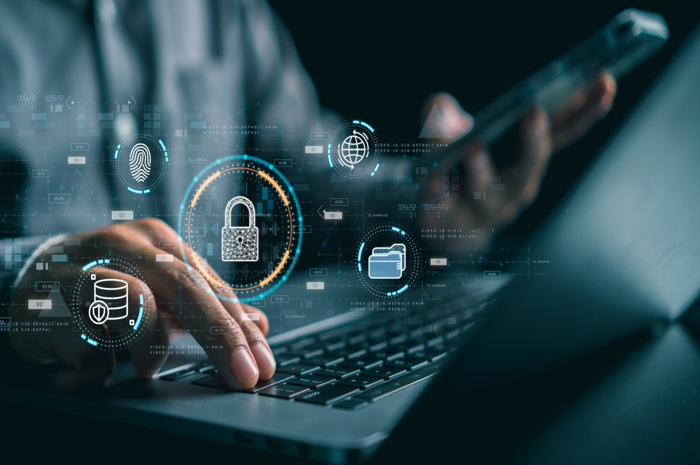What does company formation mean?
Company formation is when you incorporate your business into a limited company by registering it at Companies House either directly or through a formation agent, which is a company who will register the business on your behalf. There are many reasons why your Company formation may have been rejected by Companies House and this article will cover some these.
What is the most common reason why company formations are rejected?
The most common reason why company formations are rejected by Companies House is because there are issues with the company name that has been selected. Companies House have restrictions on the types of names you can select for your company, however, many people may overlook these and end up with a rejection.
Reasons for Rejections:
1. Company name
As previously stated, Companies House will reject a company formation if its name is not compliant with their company name restrictions.
- If the name is too similar to another company, then it is likely to be rejected. For example, if you wish to name your company ‘Company Ltd’ and another company already exists called ‘Company UK Ltd’, then Companies House may deem these names too similar to each other and reject the application.
- Another reason your company name could be rejected is because it includes what Companies House deems as a ‘Sensitive Word’, which could be offensive or misleading words.
- When including a ‘Sensitive Word’ in your company name, you must submit supporting documents to prove why you should be allowed to include this name. For example, someone with the last name ‘Prince’ may wish to call their company ‘Prince’s Refreshments Ltd’, however, this could be misleading as it appears to have an affiliation with the Royal Family, so you would need to show evidence of your surname and include that in your supporting documents sent to Companies House.
- Finally, the company name must include ‘Limited’. When registering through a formation agent, they will often automatically add ‘Limited’ to the end of your company name, however, if completing the registration yourself, it may be an easy one to miss.
2. Registered office address
In order for a company to be incorporated in the UK, its registered office address must be based in the UK. If it is not, then that is another possible reason for a rejection. Your registered office address can be the same as your residential address, as long as it is located in the UK. Many formation agents will allow you to register the company at their address if you do not want your personal address being shown on the Companies House public register.
It is important to note that the registered address must be a physical location – so if you list your company’s address as a P.O box, then that is also likely to get your formation rejected.
3. Residential address
The rules for the residential address of the directors or ‘persons with significant control’ are similar to that of the registered office address. This means that the residential address must be a physical location and an obvious residential address, so again – it can’t be a P.O box. Furthermore, the address must also be based in the same country as you are registering your company.
4. Director
There are some rules surrounding who you can actually appoint as a director and you must follow them if you want your formation to be accepted.
- A company must have at least one natural director – this means that you cannot only appoint another company or corporate body to direct your company.
- The director must be over 16 years of age.
- The director must not be an undischarged bankrupt – which means that the person is still liable to payments and restrictions as the bankruptcy is still in progress.
- The director must not be disqualified from being director.
- This could be due to them previously directing a company and allowing trading to continue when the company can’t pay its debts, not keeping proper records, not completing their accounts and returns to both Companies House and HMRC, not paying tax, or using the company’s finances for their personal benefit.
5. Issuing shares
Another reason why your company formation may get rejected is if the company’s shares have not been correctly issued. When forming a company, you must decide to either set up your company as limited by shares or limited by guarantee.
- When setting a company up as limited by shares, you must issue a minimum of 1 share, however there is no maximum. This creates shareholders, who are people that own the company through the purchase or acquisition of shares. Typically, in smaller companies, the director will issue 1 share to themselves, however, this can be changed later on if, for example, they wish to bring another business partner on.
If your company does not follow these requirements then it is likely that your company formation will be rejected so it is always important to double check before you apply!





















